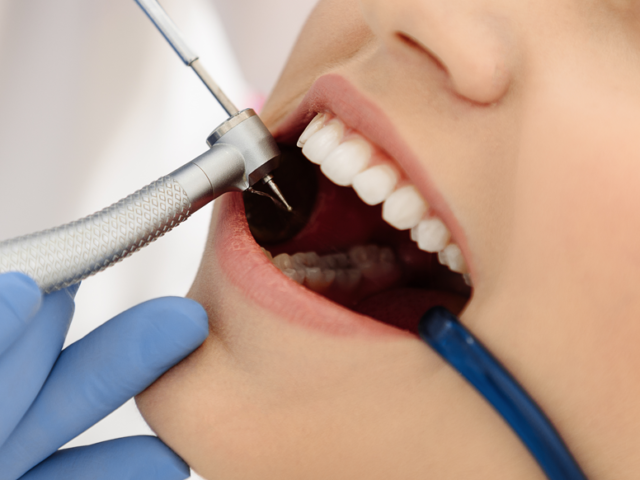Establishing good oral hygiene habits from a young age is crucial for children’s dental health and overall well-being. Proper dental care not only prevents cavities and gum disease but also sets the foundation for a lifetime of healthy smiles. As parents and caregivers, it’s essential to educate children about the importance of oral hygiene and teach them how to take care of their teeth and gums effectively. In this blog post, we’ll explore the importance of oral hygiene for kids and provide practical tips for teaching children good dental habits.
The Importance of Oral Hygiene for Kids
Good oral hygiene is essential for children’s dental health for several reasons:
- Preventing Tooth Decay: Regular brushing and flossing remove plaque and food particles that can lead to cavities and tooth decay.
- Promoting Healthy Gums: Proper oral hygiene helps prevent gum disease, which can cause gum inflammation, bleeding, and tooth loss if left untreated.
- Supporting Proper Tooth Development: Developing good oral hygiene habits early in life can help ensure proper tooth development and alignment, reducing the need for orthodontic treatment later on.
- Boosting Confidence: A healthy smile can boost children’s confidence and self-esteem, allowing them to feel more comfortable and confident in social situations.

Practical Tips for Teaching Children Good Dental Habits
- Start Early: Begin teaching children about oral hygiene as soon as their first teeth appear. Use a soft cloth or infant toothbrush to gently clean their gums and teeth twice a day.
- Lead by Example: Children learn by watching their parents and caregivers, so be a good role model by practicing good oral hygiene habits yourself. Brush and floss your teeth together as a family to make it a fun and interactive activity.
- Make it Fun: Turn oral hygiene into a fun experience for children. Let them choose their toothbrush and toothpaste flavor, play their favorite song while brushing, or use a sticker chart to track their brushing and flossing habits.
- Teach Proper Technique: Show children how to brush their teeth properly using a pea-sized amount of fluoride toothpaste and gentle circular motions. Use a timer to ensure they brush for the recommended two minutes each time.
- Supervise Brushing: Supervise children’s brushing until they are old enough to brush effectively on their own, usually around the age of seven or eight. Offer guidance and encouragement to help them develop good brushing habits.
- Encourage Healthy Eating Habits: Limit sugary snacks and drinks, which can contribute to tooth decay. Encourage children to eat a balanced diet rich in fruits, vegetables, and dairy products to support strong teeth and gums.
- Schedule Regular Dental Checkups: Take children to the dentist for regular checkups and cleanings every six months. Dental visits allow dentists to monitor children’s oral health, detect any issues early, and provide preventive care as needed.
Teaching children good oral hygiene habits is essential for their dental health and overall well-being with these tips from Into the Pixel. By starting early, leading by example, making oral hygiene fun, and providing guidance and encouragement, parents and caregivers can instill lifelong habits that promote healthy smiles. Remember to schedule regular dental checkups and cleanings for children to ensure their continued oral health. With proper education and support, children can enjoy strong, healthy teeth and gums for years to come.
